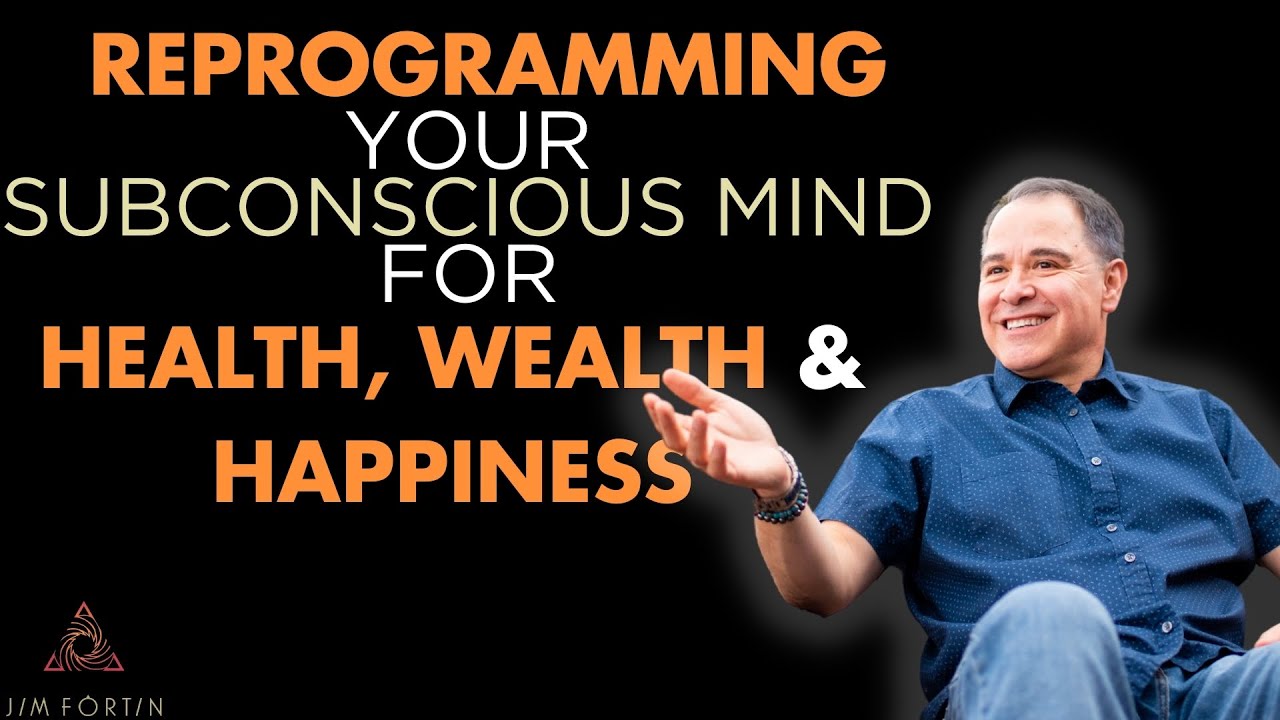Everyone knows and I know that you know you have what people call a subconscious or unconscious mind. Less than one percent of people know how to use this part of your mind. And this part of your mind pretty much controls every bit of your life. If you're not making the kind of money that you want to make or you don't have the health that you want or the relationships or the body or money or whatever it is… the reason you do not have all of that is because everything that you have in your external life is a reflection of what you hold in your unconscious paradigms.
The big mistake that everyone makes is that they try to change something in their behavior. They try to change something in their external world never recognizing that their entire external world is created and driven and perpetuated by their internal world. Stop trying to DO things to make it happen and start BECOMING. In this podcast episode you're going to start learning about the unconscious mind and you're going to start learning about how you can use this part of your mind to create anything that you want.
In this episode I discuss:
- The big mistake people make when trying to change
- Why people who read “Think and Grow Rich” don’t get rich
- How to use repetition and programming to change your identity
- How contextual programming plays a role in your transformation



















